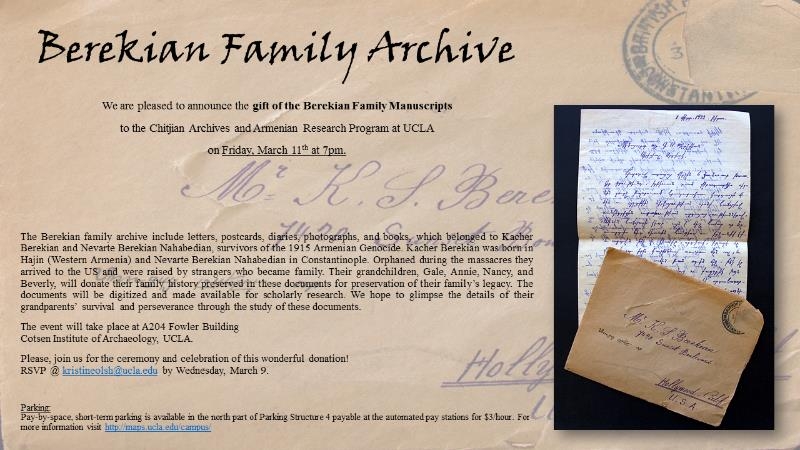Art and Science: Bringing Egypt’s Magic to the Museum
Submitted by mswanson on January 24, 2017 - 3:38pmSpeaker: Dr. Christian Greco, Director, Egyptian Museum in Turin, Italy
The Museo Egizio in Turin, Italy has the second largest collection of Egyptian Antiquities in the world (after the museum in Cairo). In this lecture Dr. Christian Greco highlights connections between its artifacts, through the history of their discovery, the reunification of burial assemblages, and investigating the common characteristics of historical groupings. In his talk, Dr.





